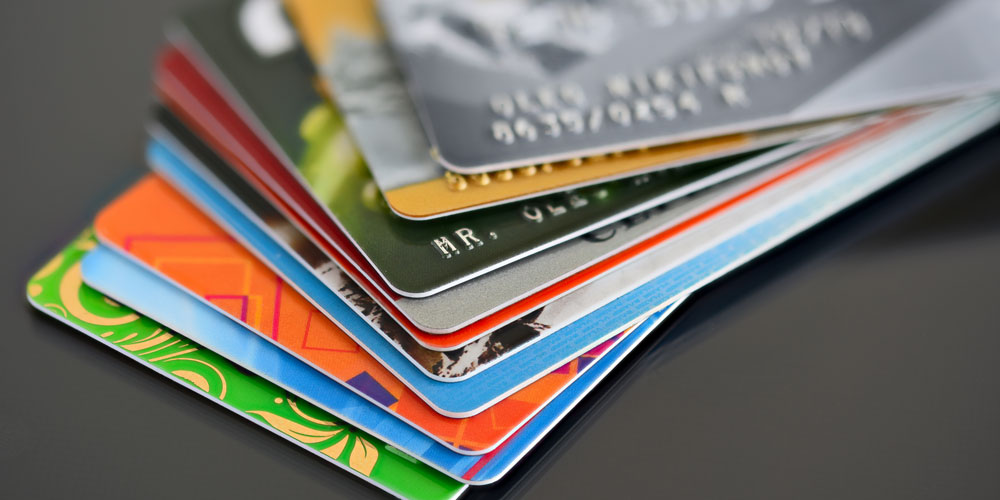If your score is high enough and you aren’t in over your head with your current payments, the bank should, in theory, approve your loan.
But what if the bank denies you because you have a bad credit history, or worse, because you have no credit history? In this article, we’ll explain what makes up your credit score as well as how you can improve your credit score with a credit card. We’ll even take a small look at how credit repair specialists in Houston can help by clearing up inaccuracies on your credit report.
What Is a Credit Report and Credit Score?
Anytime you take out a loan or get a credit card, the bank will begin reporting the status of these accounts to the three credit reporting agencies in America—Experian, Equifax, and TransUnion. These credit reporting agencies are constantly looking at all of your accounts, both open and closed, to see if you are missing any payments, or if you’re in danger of taking on too much debt. They use this data to formulate your credit score—a number between 300 and 850. The higher the score, the more creditworthy the reporting agency thinks you are.
How Can a Credit Card Help?
Initially, you may find it a challenge to obtain your first credit card. Look around for introductory credit card offers with low limits. Your first credit card will probably have a credit limit of no more than $1,000—after all, the bank doesn’t know you well, so they want to limit their risk.
Obtaining your first card will begin your credit reporting history with the three reporting agencies. Simply put, if you don’t max out your credit limit and make your payments on time, your score will rise. Reporting agencies look at credit utilization–this means that if you have a bunch of maxed-out credit cards on which you are making minimum payments, reporting agencies assume you are managing your money poorly and could be in danger of defaulting on your debts in the future. It’s best to try and keep the amount you owe under 50% of the limit of the card or to pay off the card entirely each month.
Another factor that goes into a credit score is the age of your accounts. If you’ve been a customer of a bank for twenty years and you’ve never missed a payment, this looks fantastic; it looks significantly worse to open and close accounts quickly. This isn’t to say you should never close out your accounts, but it’s good to have a few accounts active at any given time. If you ever have any issues with charges that aren’t yours, protect your credit by learning what can be disputed on your credit card.
Can a Credit Card Help Bad Credit?
The road to getting your credit score back on track is a long one, but getting a credit card can be a great start. Even if you can’t get a regular credit card, it may be possible to apply for a secured credit card from your bank. A secured credit card is one on which you may have to make a deposit and the bank will offer you a low credit limit. They’ll start reporting this account to the credit agencies, and over time, your credit score will rise.
In Summary
Whether you have bad credit or no credit, obtaining a credit card can be an effective tool for improving your credit score. So long as you make your payments on time, you don’t max out your credit limits, and you keep an account open for the long term, your credit score will improve. Lastly, if your credit report contains any inaccuracies, it’s possible to get these removed with methods that can help clear a bad credit history—a process made much easier by working with a qualified credit repair company like The Phenix Group.

